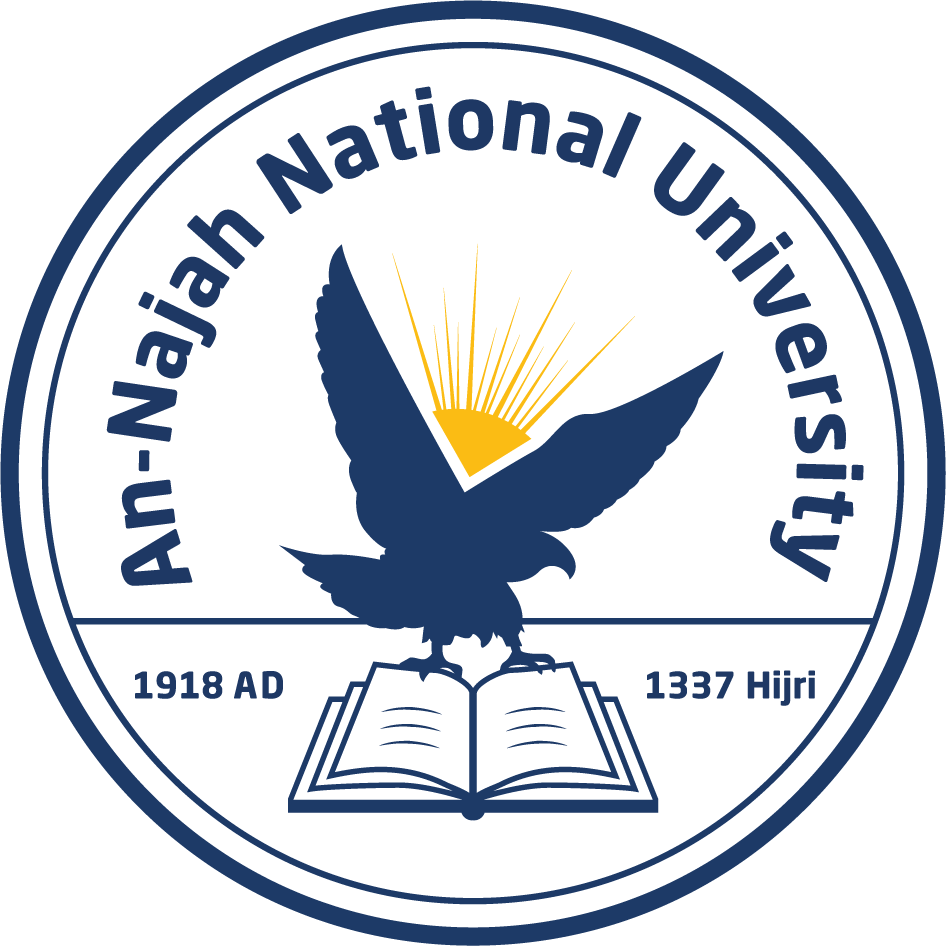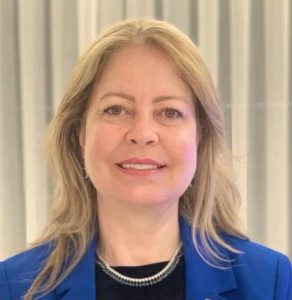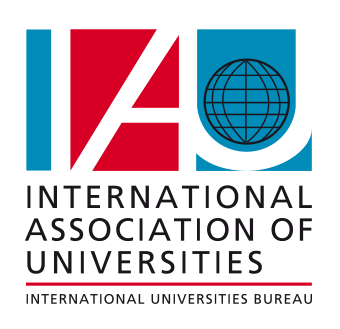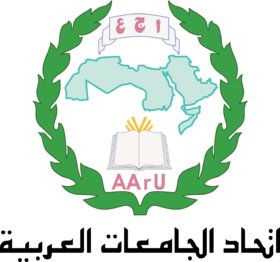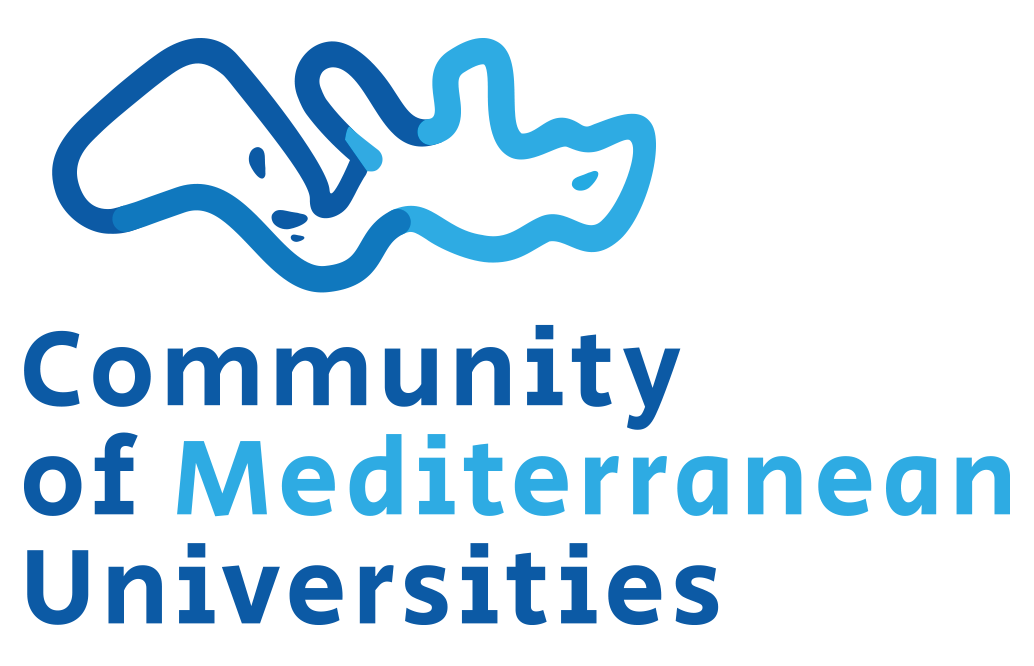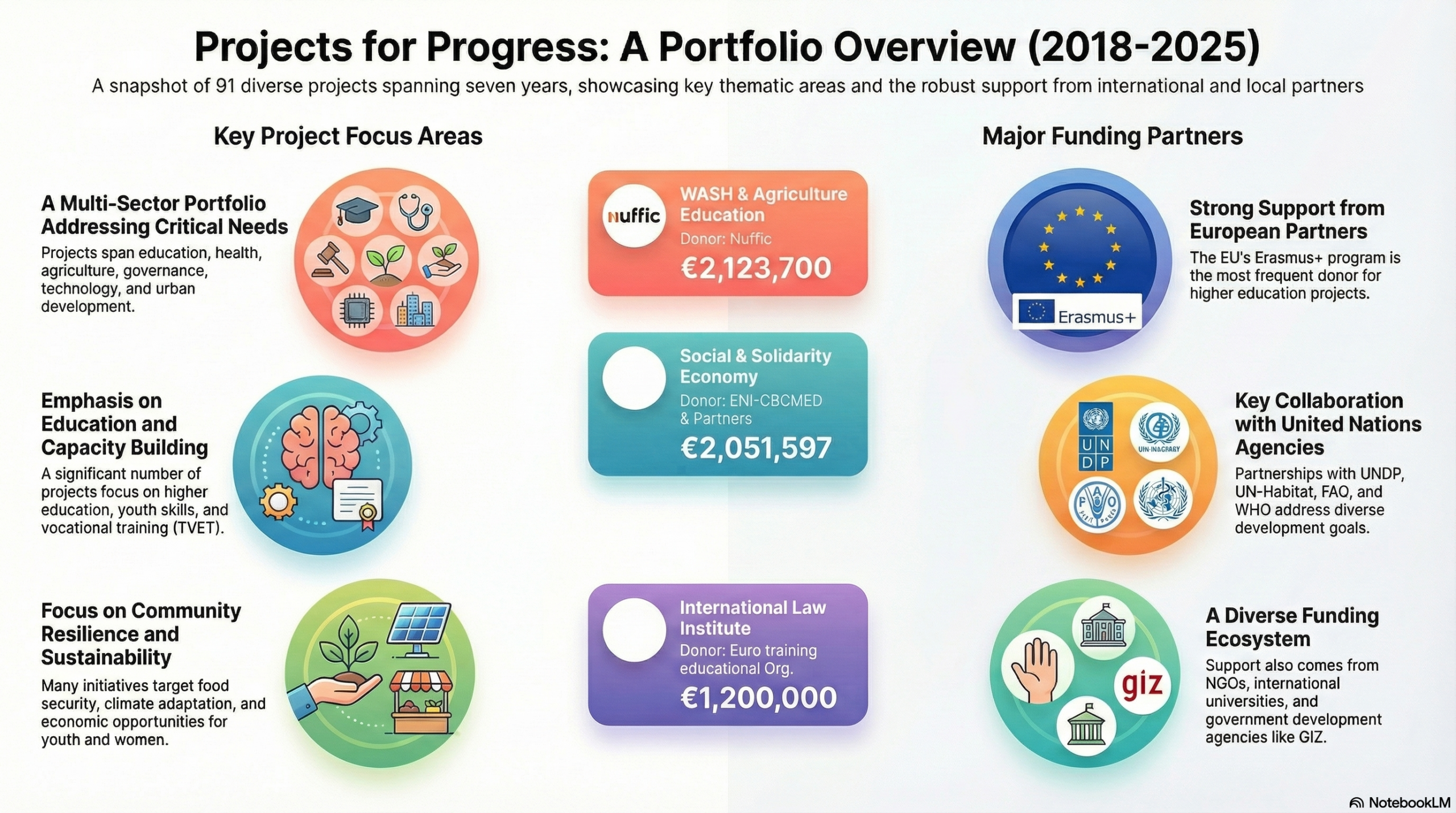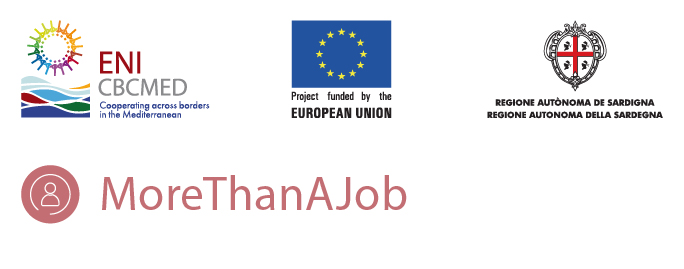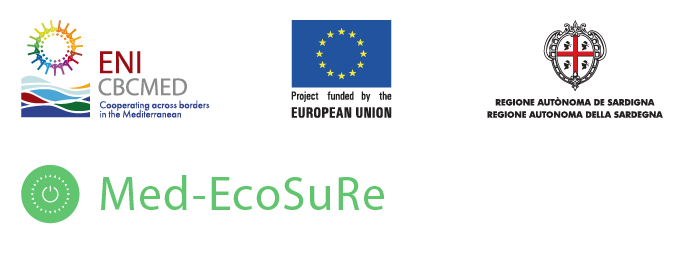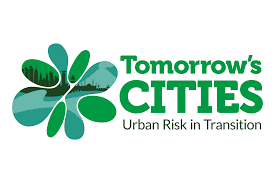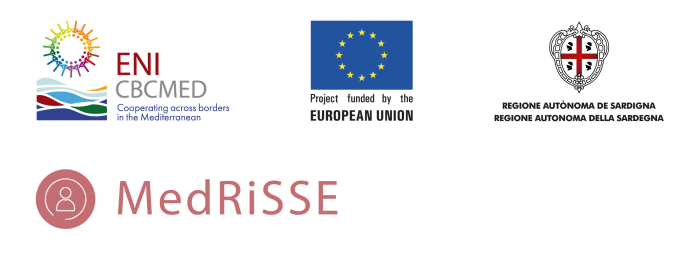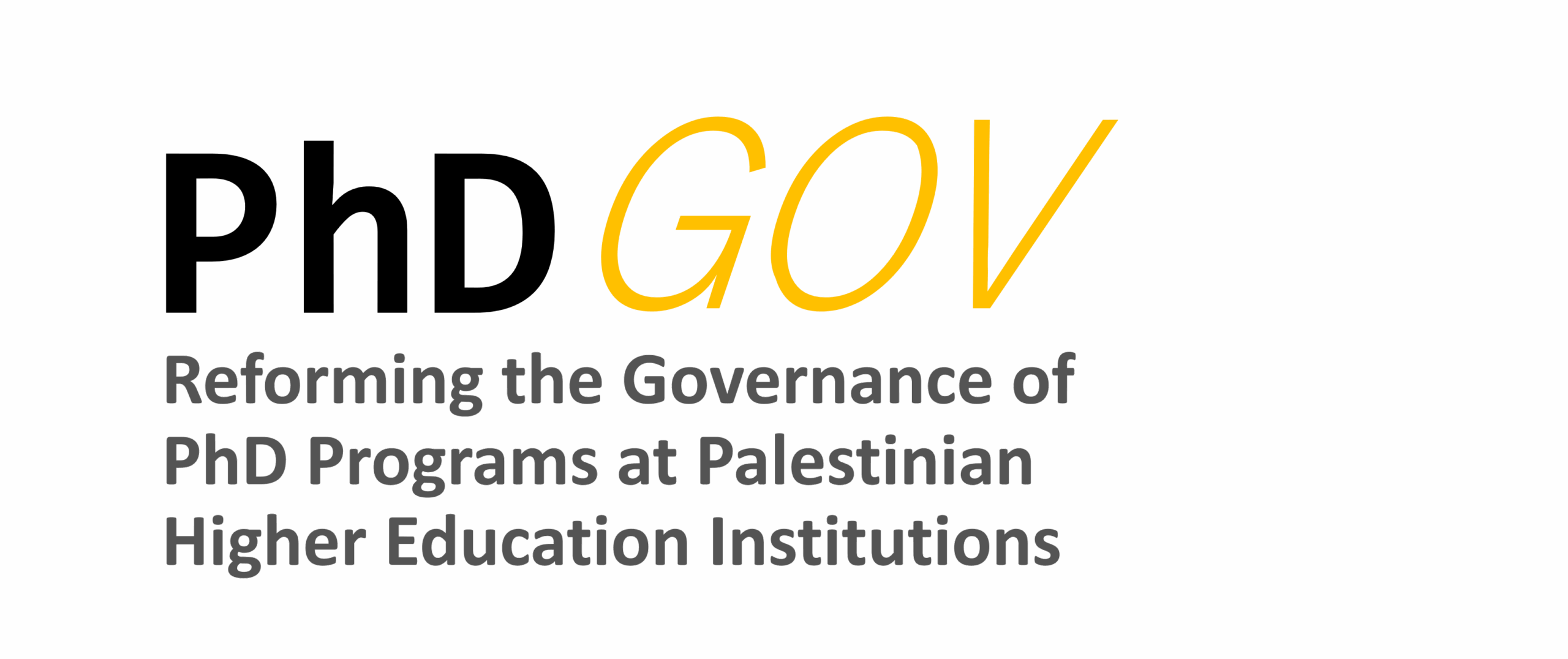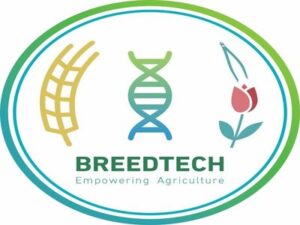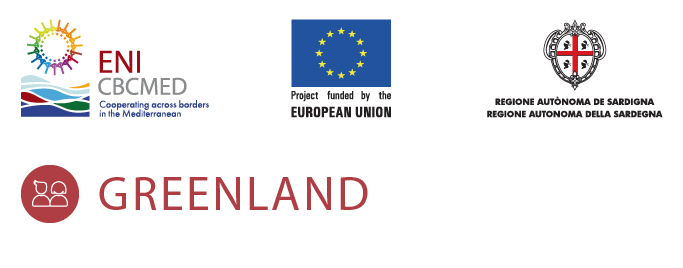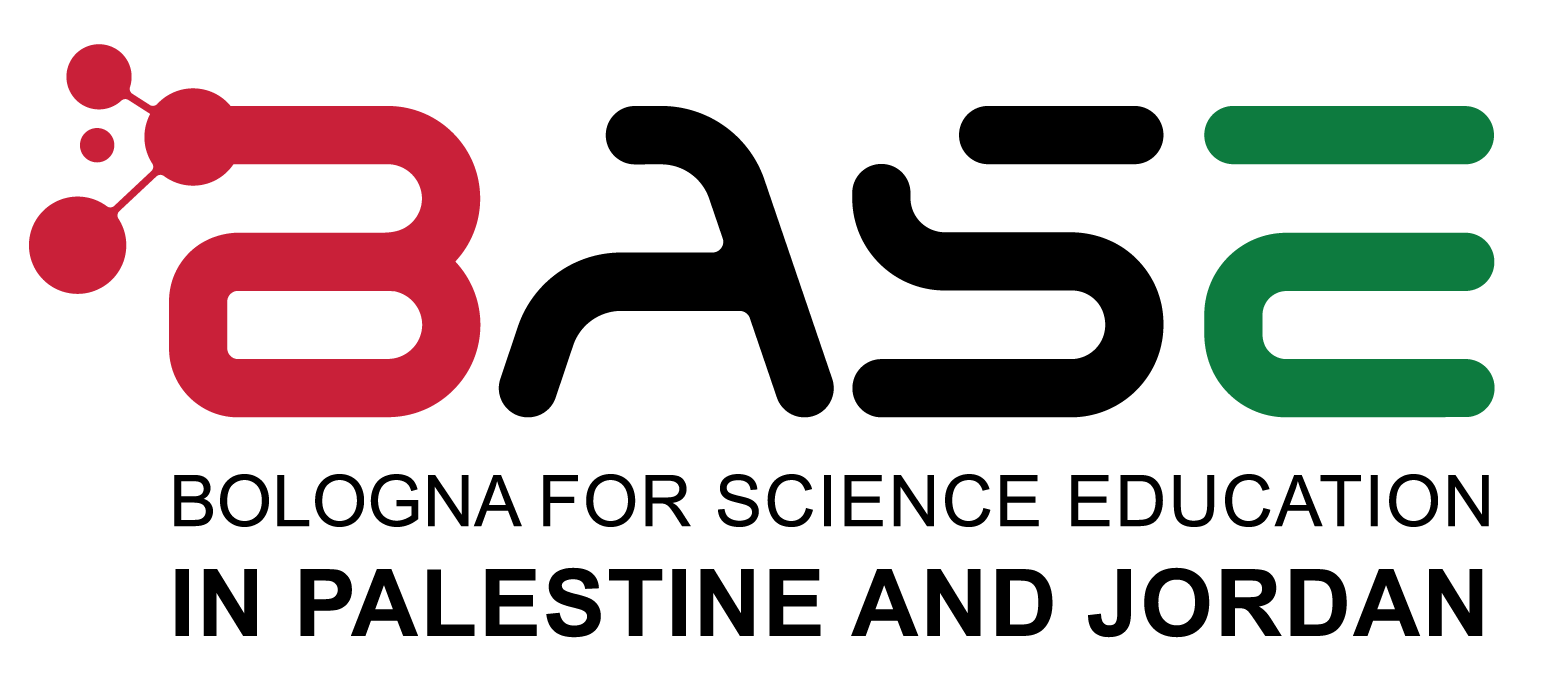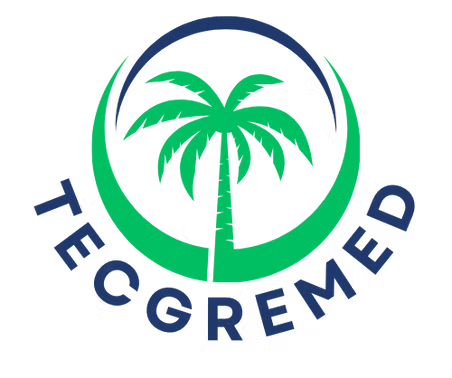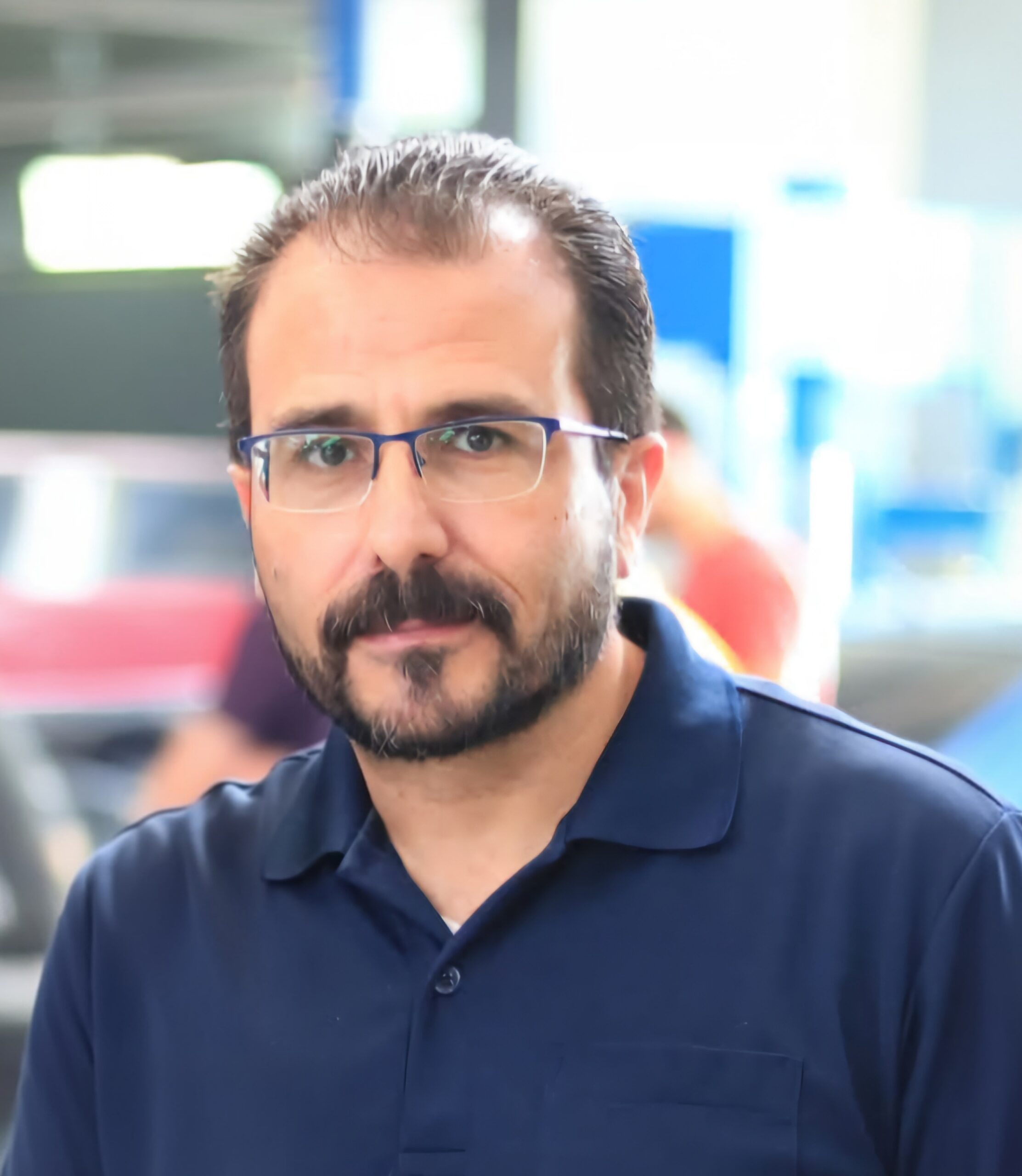
Empowering Global Innovation
International Grants and Projects Center
Innovative Projects Initiatives
Our projects focus on cutting-edge research and development, promoting sustainable solutions and technological advancements.
Strategic Global Collaborations
Our projects focus on cutting-edge research and development, promoting sustainable solutions and technological advancements.
Meet Dr. Kherieh Rassas the Visionary Behind Our Center
Dr. Kherieh Rassas serves as the Vice President for International Partnerships and Global Initiatives at An-Najah National University and the President of Mediterranean Universities Union (UNIMED). With a distinguished career in fostering global academic collaborations, Dr. Rassas has been instrumental in developing strategic partnerships that enhance the university’s international presence. Her leadership has significantly contributed to the university’s mission of driving innovation and sustainable development through cross-border educational and research initiatives. Dr. Rassas is committed to promoting academic excellence and cultural exchange, ensuring that An-Najah National University remains at the forefront of global educational advancements.
Prestigious Global Memberships
Our Impact in Numbers
Project ShowcaseSince 2018
we have expanded our project showcase, playing a pivotal role in advancing global research and innovation.
Projects Themes Distribution since 2018
Since 2018, we have significantly diversified our project portfolio, focusing on Education and Capacity Building to empower communities and enhance skills. Our commitment to Sustainable Development and WASH initiatives has fostered healthier environments, while our Agriculture and Food Security programs ensure access to nutritious food. We prioritize Health and Public Wellbeing, promoting equitable healthcare access. Our Governance and Rule of Law efforts strengthen institutions, and we champion Youth, Gender, and Inclusion to create opportunities for all. Additionally, we address Climate and Resilience challenges and embrace Digital Innovation to drive progress, all while aligning our efforts with the Sustainable Development Goals.
Top International Funders
Since our inception, we have been fortunate to collaborate with leading international funders who share our vision for a better world. Erasmus+ has been a cornerstone of our educational initiatives, providing vital support for capacity building and community empowerment. UN-Habitat has played a crucial role in enhancing urban development and sustainable living environments. The FAO has been instrumental in our agriculture and food security programs, ensuring that communities have access to nutritious food. UNDP has supported our health and public wellbeing projects, promoting equitable healthcare access for all. Lastly, ENI-CBCMED has contributed to our governance and rule of law efforts, strengthening institutions and fostering inclusivity across regions.
Our Project Gallery
Explore our diverse range of projects through our curated image gallery, showcasing the innovative work and collaborations at the International Grants and Projects Center.
Comprehensive Project List
Renewable Energy Initiative
Focusing on sustainable energy solutions and reducing carbon emissions.
Smart City Development
Transforming urban areas into smart, sustainable environments.
Water Conservation Program
Innovative techniques for efficient water management.
AI in Education
Integrating artificial intelligence to enhance educational outcomes.
Healthcare Innovation
Advancing healthcare through cutting-edge technology.
Biodiversity Preservation
Protecting and restoring natural habitats and ecosystems.
Digital Transformation
Leveraging technology to drive organizational change.
Cultural Heritage Preservation
Safeguarding cultural sites and promoting heritage awareness.
Director of Grants and Projects Center
Prof. Dr. Saed Khayat is a distinguished scholar and academic leader in the fields of water resources management, hydrochemistry, and higher education governance. With over 25 years of experience spanning research, policy development, institutional leadership, and international collaboration, Prof. Khayat has become a key figure in transforming scientific research and higher education systems across Palestine and the Mediterranean region.
He currently serves as the Director of the Grants and Projects Unit at An-Najah National University, where he leads strategic internationalization efforts and research development initiatives. Previously, he served as Vice President for International Cooperation and Dean of Planning and Quality at Palestine Technical University–Kadoorie, and held various national roles at the Ministry of Higher Education.
Prof. Khayat earned his Ph.D. in Hydrochemistry and Isotope Hydrology from the Karlsruhe Institute of Technology (KIT), Germany, and his M.Sc. in Environmental Sciences from An-Najah National University. He also completed two postdoctoral Habilitation fellowships at the Helmholtz Centre for Environmental Research (UFZ) in Germany, where he remains an active guest researcher.
His research interests include climate change and water policy, isotope tracing in hydrology, wastewater treatment and reuse, environmental biotechnology, and higher education innovation. He has published over 50 peer-reviewed papers and book chapters, and supervised numerous graduate theses addressing critical environmental challenges in Palestine and the region.
Prof. Khayat has led and contributed to a wide range of international projects, including Erasmus+, IAEA, OKP, BMBF, and DAAD initiatives. These projects have supported the establishment of early warning systems, capacity-building in WASH and agriculture, and development of virtual education platforms.
A visionary educator and assertive reformer, Prof. Khayat believes in the role of education as a strategic tool for resilience, sovereignty, and transformation. He is known for his disciplined leadership, direct communication, and relentless pursuit of academic excellence and institutional innovation. Through his work, he continues to bridge the gap between research, policy, and practice in higher education under crisis-affected conditions.
Contact Information:
Phone: +97292671073
Mobile: +972599868605
Google Scholar: Prof. Dr. rer. nat. Saed Khayat – Google Scholar
Email: saed.khayyat@najah.edu
ResearchGate: Saed K. Khayat
ORCID ID: 0000-0002-3865-4291
Explore Our Key Initiatives
Comprehensive Project Database
Access a dynamic database of all projects funded since 2020, complete with detailed information and updates.
Interactive Data Visualization
Utilize our live charts and dashboards to explore project growth and funding trends over time.
Global Partnership Map
Discover our international collaborations through an interactive map featuring partner institutions worldwide.
Funding Opportunities
Stay informed about available funding programs and how to apply for support for your projects.
Sustainable Development Goals Integration
Learn how our projects align with and contribute to the United Nations Sustainable Development Goals.
News and Announcements
Keep up with the latest news, project milestones, and calls for proposals from our center.
Our Valued Partners and Sponsors








Intrested to to collaborate with us, Please feel free to contact
Join us in driving innovation and making a global impact, explore groundbreaking projects and collaborate with the International Grants and Projects Center to build lasting international partnerships.
